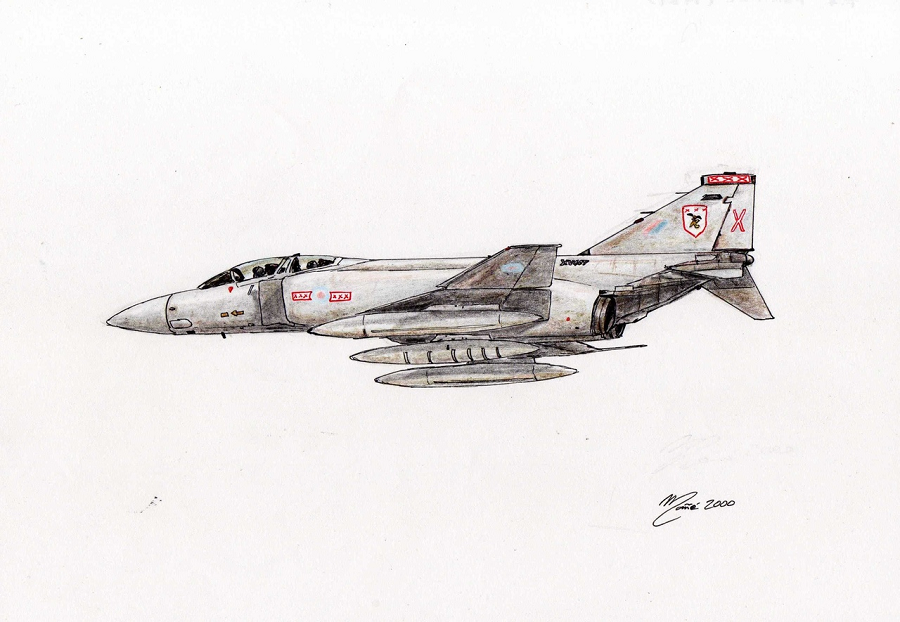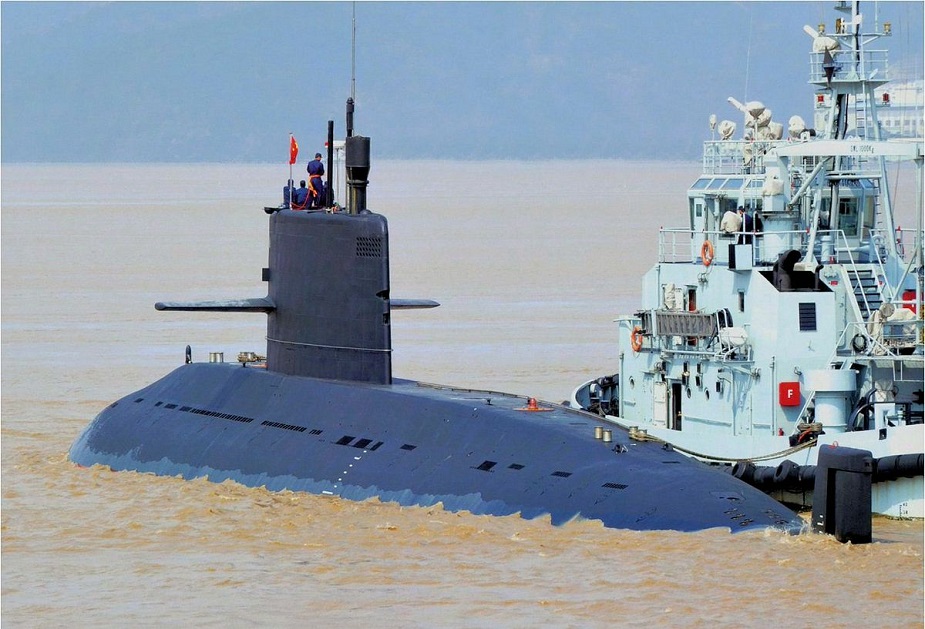
An economic war is a form of conflict resolution where one country attempts to isolate or weaken another. The methods employed in economic warfare are known as Embargoes and Targeted sanctions. This article will explain how these measures impact a nation's military strength. We will also explore the possible consequences of these techniques and their implications for the nation.
Impact of economic warfare on a nation's military power
A nation can use economic warfare to weaken the military power of another. It is a strategy that aims to reduce the nation's ability to produce or acquire goods. For example, increased trade between the United States and Cuba frustrated the United States' efforts to overthrow Fidel Castro. Although economic warfare can be a cost-effective complement to military action, it does have its costs.
Embargoes
Sometimes, embargoes serve as a tool to influence foreign policy. They can be used to reduce economic activity, stifle imports and have unintended consequences for civilian populations, especially the disadvantaged. Also, these actions could lead to violations in the human rights. This paper discusses the negative consequences that embargoes can have on civilian populations and calls for research into the best ways to reduce them.
Blockades
Blockades are a form of economic warfare that can cripple an economy. They can be especially effective when the economy of the target is dependent heavily on imports. The Union Navy used blockades during Civil War in order to wipe out the Confederacy’s economies. It broke the Confederacy's transportation network, food supply, and monetary system.

Lease-Lend Program
Lend-Lend provided major economic support for Europe's war effort. It provided equipment and supplies to support the war efforts in Europe and helped the British and Soviet Union. While Soviet histories tend to minimize American involvement, some historians assert that the Soviet Union would have lost war without American support. This program was launched in March 1941. It marked the end of America's policy neutrality and the rise to economic power of the United States.